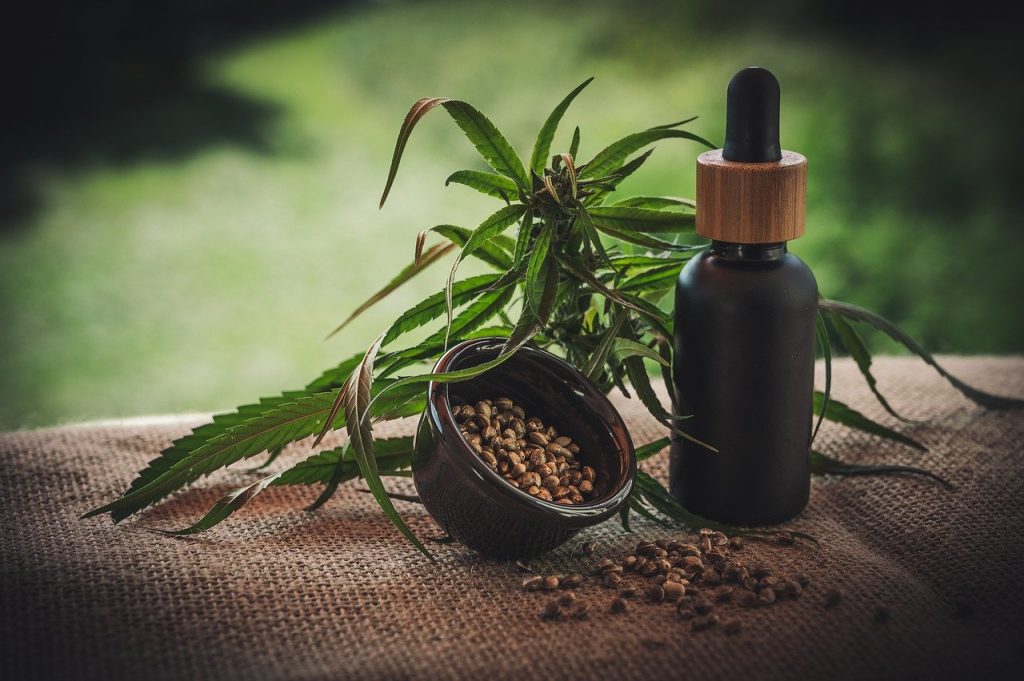
Sponsored article
CBD (short for cannabidiol) is one of over 200 chemical compounds known as cannabinoids that are found in cannabis. It is the second most common active compound found in cannabis, after THC (tetrahydrocannabinol).
By law, cannabis must contain no more than 0.2% THC, otherwise sellers face prosecution under the law. Hemp is an excellent source for making 100% biodegradable, environmentally friendly products such as clothing, packaging, biofuels, building materials and paper.
Unlike THC, CBD has no psychoactive properties and does not give you a “high.” There is no evidence that it has any abuse or addiction potential. Instead, CBD is credited with alleviating many conditions such as epilepsy, anxiety, inflammation, insomnia, and pain. Although “attributed” does not mean proven
Remember to make sure the CBD manufacturer is verified and reliable. Don’t buy these types of products from unknown sources.

CBD has been studied for use in other forms of refractory epilepsy, usually as an adjunct to conventional epilepsy medications. Results have varied, but several studies have shown that CBD significantly reduced seizure frequency by nearly 44% in most people
CBD can interact with other epilepsy medications and some serious side effects have been reported, particularly worsening liver function in people already taking valproate.
In conclusion, CBD has beneficial effects in treating certain types of epilepsy.
Animal studies have shown that CBD has anti-inflammatory effects and acts on the endocannabinoid systems that detect pain
Unfortunately, there are few human studies examining the use of CBD as a single pain reliever, with most studies using a combination of CBD and THC for pain relief. In particular, Health Canada has approved a combination drug that contains both THC and CBD in a 1: 1 ratio for the relief of central nerve-related pain in multiple sclerosis and cancer pain that does not respond to optimized opioid therapy.
An observational study of CBD treatment showed improvement in self-reported measures of quality of life for people with non-cancer-related pain, but there was no statistically significant improvement in people with cancer-related pain or neurological symptoms. Animal studies have shown that CBD has a positive effect on serotonin levels in the brain. Low serotonin levels are thought to play a key role in mood and pain
Other studies (both animal and human) have shown that CBD has anti-inflammatory effects and may relieve pain through this mechanism. CBD may interact with other medications used to treat heart disease or immunosuppressive drugs, so always talk to your doctor before taking it.
31% of people taking CBD for other conditions, such as anxiety or pain unrelated to cancer, reported improved sleep thanks to CBD.
In a large case series involving 72 people, 48 patients (66.7%) reported improved sleep outcomes within the first month, but this varied over time.
Another study with 300 mg of CBD in people with anxiety or depression found that CBD appears to preserve sleep architecture, meaning it is unlikely to have any negative effects on sleep quality.
Laboratory studies have shown that CBD prevents human sebaceous cells from creating excessive sebum and also has anti-inflammatory effects by preventing the activation of inflammatory cytokines. Since excessive sebum production and inflammation are characteristic of acne, topical CBD can be an effective treatment and may prevent or reduce future pimples.
Photo by Pixabay